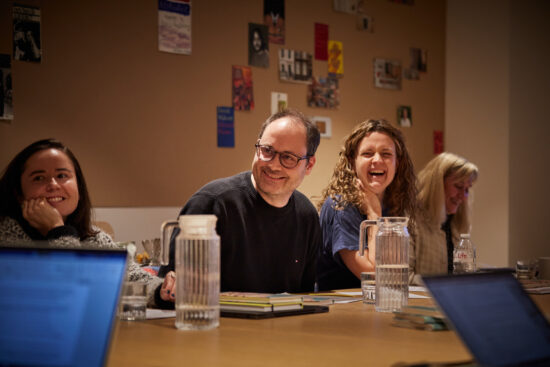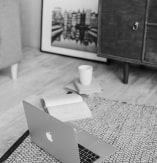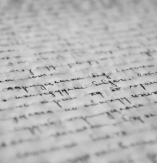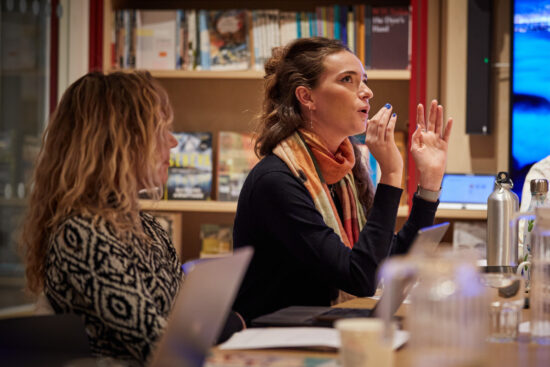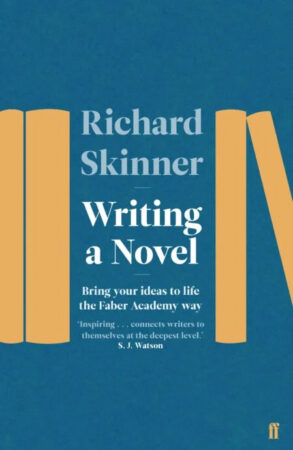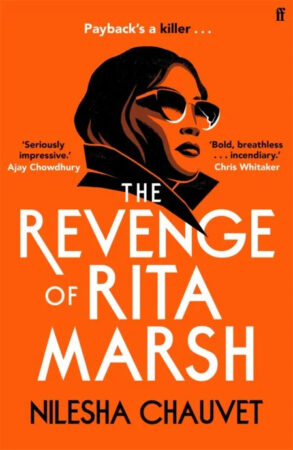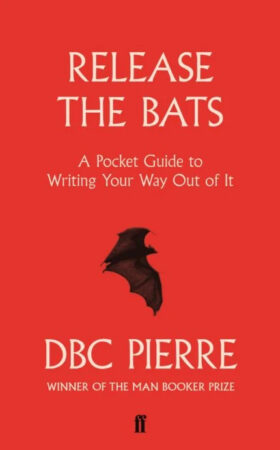


Creative Non-Fiction
From personal essays and long reads through to book-length work of popular and narrative non-fiction, this course will launch you into one of our time's most vital genres.
Level
What do these levels mean?
Location
Length
- Start Date
-
- Time
- Tuesdays, 19:00–21:00
Places available
£1095
£1095
£300 / month for 2 months and a £495.00 deposit
View payment options

Do you have a true story to tell?
From long-read reportage and canny criticism, to the beginnings of an essay collection or a non-fiction book, the readership for writing non-fiction is vast. Whether it’s history, politics, culture, travel, science or sport, the essentials are threefold: voice, narrative, and information.
In this new course, Rebecca Giggs will guide you through honing your perspective on the topic you wish to explore, the narrative arc of your journey through the subject, and how to link your work to scholarly research and larger themes.
You’ll learn invaluable skills essential for any non-fiction writer, including how to interview sources, how to frame technical expertise for a general audience, and how to pitch your project to agents and publishers. Through the course you will also work on your draft of nonfiction writing – essay or book-chapter length – in dialogue and workshop with your peers and tutor.
With an emphasis on identifying the uniqueness of your experiences and standpoint, Creative Non-Fiction will show you how to tune your voice on the page to empower you to tell the true story only you can tell.

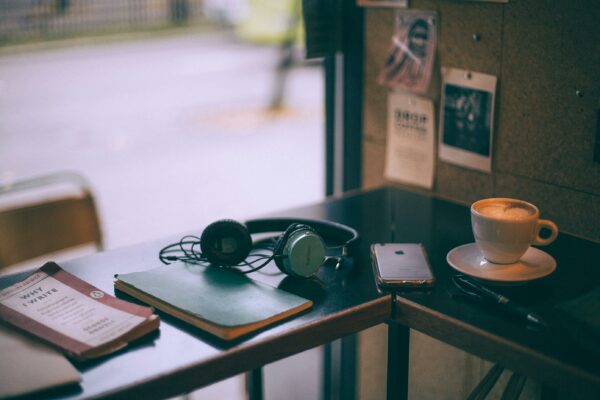
Is this the right course for me?
Using a combination of writing exercises, group discussion, workshop and focused feedback sessions, Creative Non-Fiction will support you to develop skills and writing routines that will carry you from drafting short, standalone pieces of work, towards the early phase of creating a non-fiction book manuscript.
This course best suits writers who are just starting their journey in narrative non-fiction – you may be a writer of fiction, memoir or poetry who is looking to apply their skills to a factual, real world subject or you may be beginning your writing career and want to explore a topic which you’re moved to advocate for.
This course would also suit experts or academics who want to learn about writing for a non-scholarly audience.
Through this course, you will discover, and learn to tailor, your distinctive, personable style of narration to confidently bring your reader into the fascinating world of your subject. Events in your own life might be your jumping-off point, or you may want to tackle a subject you’re personally passionate about.
With an international reading list, and London-based guest tutor who is an expert in non-fiction, this 12-week course will connect you with your peers, the publishing industry and help you think about your work with your ideal readers in mind.
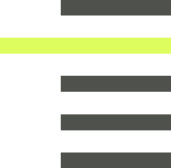
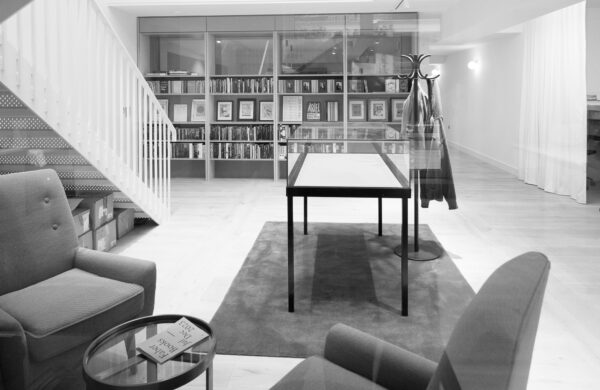
The course consists of twelve two-hour evening sessions, which will take place on Tuesdays from 19:00 until 21:00 at The Bindery, Faber's offices, near Farringdon Station.
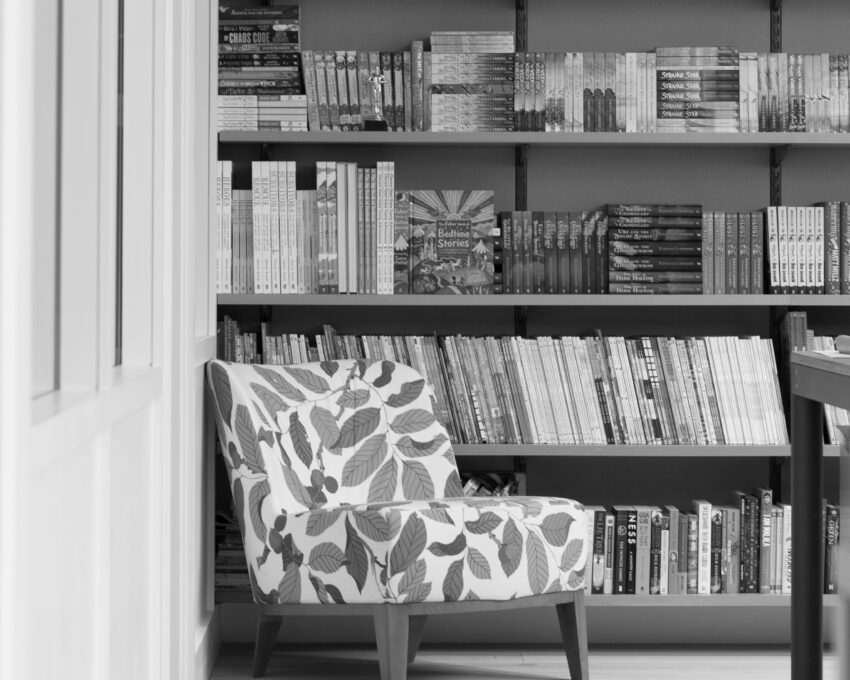
Course Programme
Session 1
Tuesday 16 September, 19:00–21:00
Introduction...
Session 2
23 September, 19:00–21:00
Establishing a Routine...
Session 3
30 September, 19:00–21:00
Your Voice...
Can I give Rebecca 10 out of 5? She is just an exceptional teacher.

Tutor

Rebecca Giggs
Rebecca Giggs is an author from Perth, Australia. Her work has appeared in The New Yorker, The Atlantic...
More About This TutorLocation
The Bindery
51 Hatton Garden
London EC1N 8HN
How to get here
Faber’s office, The Bindery, is well connected by public transport, with Farringdon Station just five minutes’ walk away, and stops for several bus routes in the area too. If you’re coming from outside of London, the office is a short bus or taxi journey from Kings Cross, Euston and St Pancras stations.
Browse the Reading Room
From author interviews and writing tips to creative writing exercises and reading lists, we've got everything you need to get started – and to keep going.
Recommendations from Faber

Founded in 1929 in London, Faber is one of the world's great publishing houses. Our list of authors includes thirteen Nobel Laureates and six Booker Prize-winners.
Visit Faber
